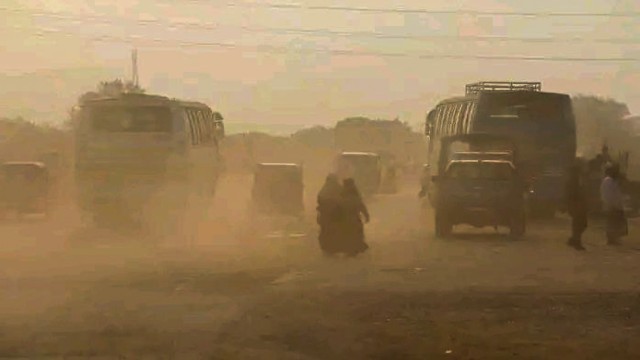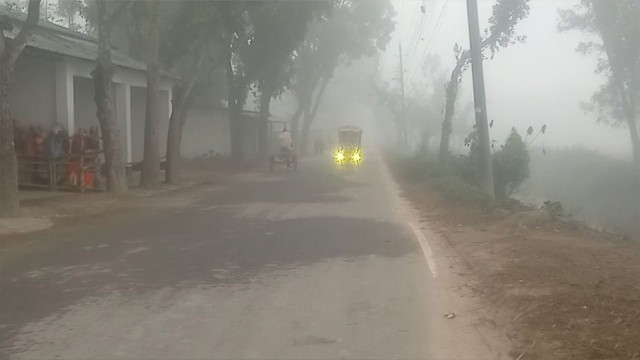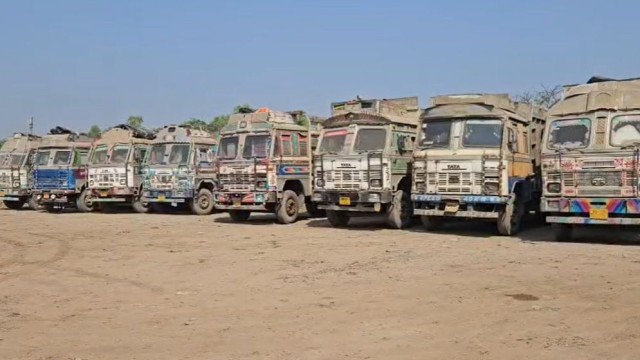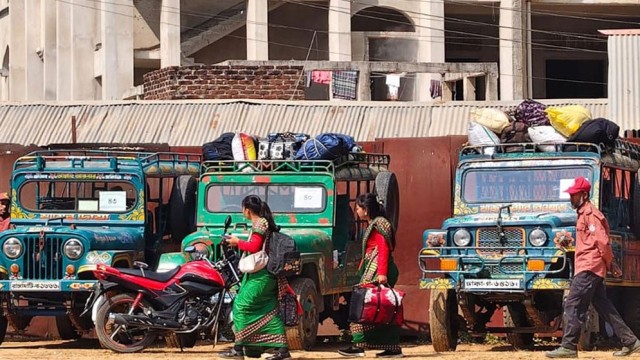The air quality in Dhaka this morning was classified as "unhealthy for sensitive groups," with an air quality index (AQI) score of 142 at 8:31 am. Dhaka ranked 10th on the list of cities worldwide with the worst air quality.
In Bangladesh, the AQI is determined based on five criteria for pollutants: particulate matter (PM10 and PM2.5), NO2, CO, SO2, and ozone.
Leading the list were India's Delhi, Thailand’s Chiang Mai, Nepal’s Kathmandu, and Myanmar’s Yangon, with AQI scores of 213, 168, 164, and 161, respectively.
Air pollution remains a significant risk factor for mortality and morbidity globally. According to the World Health Organization (WHO), air pollution leads to an estimated seven million deaths worldwide annually. This is primarily due to increased mortality from stroke, heart disease, chronic obstructive pulmonary disease, lung cancer, and acute respiratory infections
An AQI between 150 and 200 is considered 'unhealthy', while AQI between 201 and 300 is termed 'very unhealthy.' A reading of 301 or more is classified as 'hazardous,' posing significant health risks to residents.
Dhaka has been contending with air pollution issues for an extended period. Typically, its air quality deteriorates during the winter and improves during the monsoon season.






























Comment: